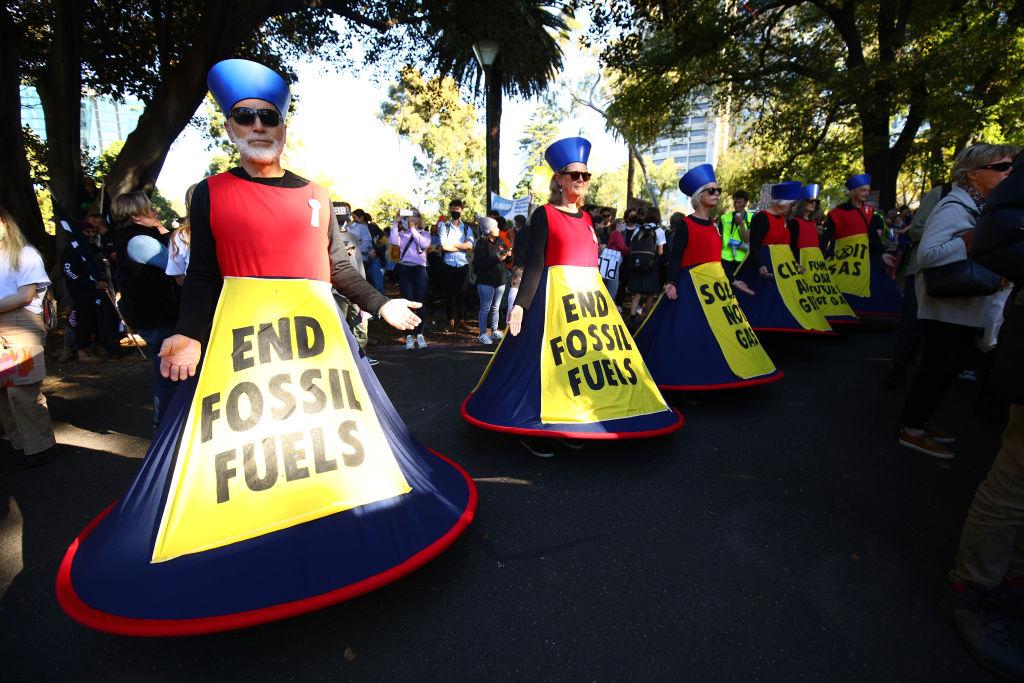The Australian prime minister should resist pressure from overseas investments giants—like BlackRock—on climate change action, in the same way, the federal government resisted the Chinese Communist Party’s (CCP) economic coercion.
Ron Boswell, former National Party senator, said moves by business and political leaders in the United Kingdom (UK), United States, and European Union (EU) to pressure Australian industry to cut emissions were hypocritical and overrode the nation’s Parliament.





